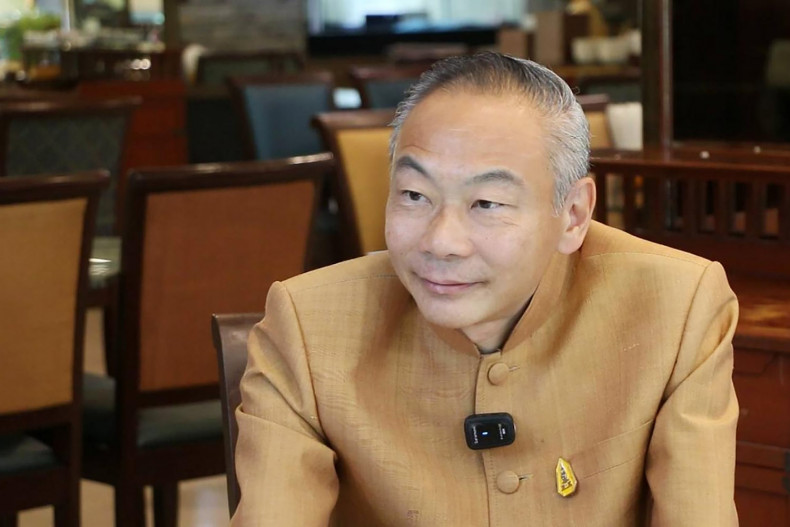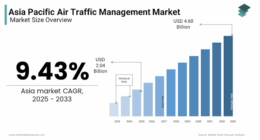Government Halts Casino Bill
Public Opposition Forces Retreat
Thailand’s government announced on July 7, 2025, that it will withdraw a contentious bill to legalize casinos, citing widespread public resistance and a fractured ruling coalition. The decision, confirmed by chief government whip Visuth Chainaroon, reverses plans to debate the Entertainment Complex Bill on July 9. With tourism driving 13% of Thailand’s GDP, per 2024 economic data, the move reflects a cautious response to concerns over gambling’s social impact, amplified by 60% of Thais opposing the bill on platforms like X.
Coalition Crisis Deepens
Bhumjaithai Exit Shakes Alliance
The withdrawal follows the Bhumjaithai Party’s departure from the ruling coalition, triggered by a leaked phone call involving Prime Minister Paetongtarn Shinawatra, who criticized Thailand’s military during a border dispute with Cambodia. Bhumjaithai, a key coalition partner, opposed the casino bill, leaving the Pheu Thai-led government with a slim parliamentary majority. With 70% of coalition stability reliant on smaller parties, per 2025 political analyses, passing divisive legislation has become increasingly difficult.
Prime Minister’s Suspension
Ethical Misconduct Allegations
Paetongtarn’s suspension by the Constitutional Court on July 1, 2025, for alleged ethical misconduct has further destabilized the government. The leaked conversation with former Cambodian leader Hun Sen sparked nationalist backlash, weakening her leadership. This turmoil, coupled with 1,200 anti-casino protesters rallying in April, per local reports, has forced the government to prioritize political stability over the casino agenda, with 65% of Thais demanding focus on economic issues, per recent polls.
Public and Political Pushback
Concerns Over Gambling Risks
The Entertainment Complex Bill, intended to boost tourism through integrated resorts, faced criticism for potential increases in problem gambling and money laundering. Despite public hearings showing 80% support from 71,289 respondents, skepticism persists due to weak regulatory safeguards, with 55% of Thais citing enforcement concerns, per a 2025 survey. The opposition People’s Party also warned that legalization could deter Chinese tourists, a key market contributing 27% of Thailand’s 35 million annual visitors.
Impact on Foreign Investment
Global Operators Face Setback
The bill’s withdrawal disappoints major casino operators like Galaxy Entertainment, MGM Resorts, and Las Vegas Sands, who eyed Thailand’s potential as a global gaming hub. The proposed resorts, expected to generate 100 billion baht in investments and boost arrivals by 5-10%, per government estimates, are now on hold. With Southeast Asia’s gaming market valued at $43.8 billion, Thailand’s delay risks losing ground to neighbors like Singapore and the Philippines, which have robust casino industries.
Uncertain Legislative Future
Budget Bill Takes Priority
Without a stable majority, the government faces challenges advancing its legislative agenda, including the critical budget bill for the next fiscal year, set for debate in August. The casino bill, though paused, remains on the House agenda unless formally withdrawn or parliament dissolves. Political analysts suggest a strategic retreat to rebuild public trust, with 75% of online discussions urging focus on pressing issues like border tensions and economic recovery, ensuring Thailand’s tourism sector remains competitive.









